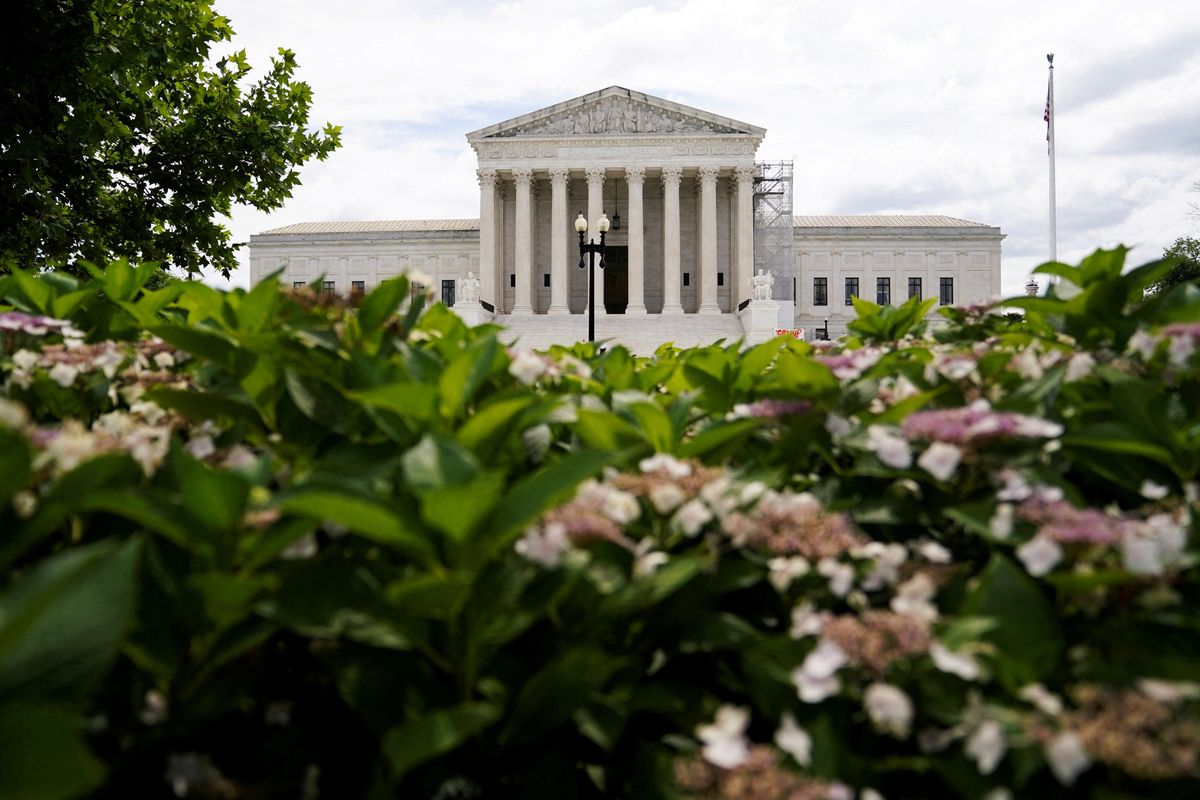
The Supreme Court once again punted on a case challenging President Donald Trump's ability to unilaterally defy Congress, in a move that at least for now grants him even more power — and further complicates the prospects of an imminent government shutdown.
The Supreme Court case State Department v. AIDS Vaccine Advocacy Coalition was decided along partisan lines, with the six justices nominated by Republican presidents voting to block a lower court’s ruling that would have forced the Trump administration to spend all $10.5 billion in foreign aid before the money expired at the end of the month. The three justices appointed by Democratic presidents dissented.
Trump had moved to cancel $4 billion in that spending, in a move of questionable legality known as a "pocket rescission" that effectively nullifies Congress's intent for how that money would be used.
In the decision, the Supreme Court did not explicitly rule on the merits but held that the groups suing to block the pocket rescission likely do not have standing to bring a case.
"The Government, at this early stage, has made a sufficient showing that the Impoundment Control Act precludes respondents' suit, brought pursuant to the Administrative Procedure Act, to enforce the appropriations at issue here," said the order. "The Government has also made a sufficient showing that mandamus relief is unavailable to respondents. And, on the record before the Court, the asserted harms to the Executive's conduct of foreign affairs appear to outweigh the potential harm faced by respondents."
It's the latest in a long string of controversial Supreme Court decisions that hand new powers to Trump, another recent one being the determination that he can fire a Democratic Federal Trade Commission member for the time being, despite the law requiring him to show cause.
"This is a significant win for Trump in a battle over the power of the purse and could make it even more difficult for Congress to reach a deal to avoid a shutdown — either now or in future negotiations," wrote Politico legal analyst Kyle Cheney.




